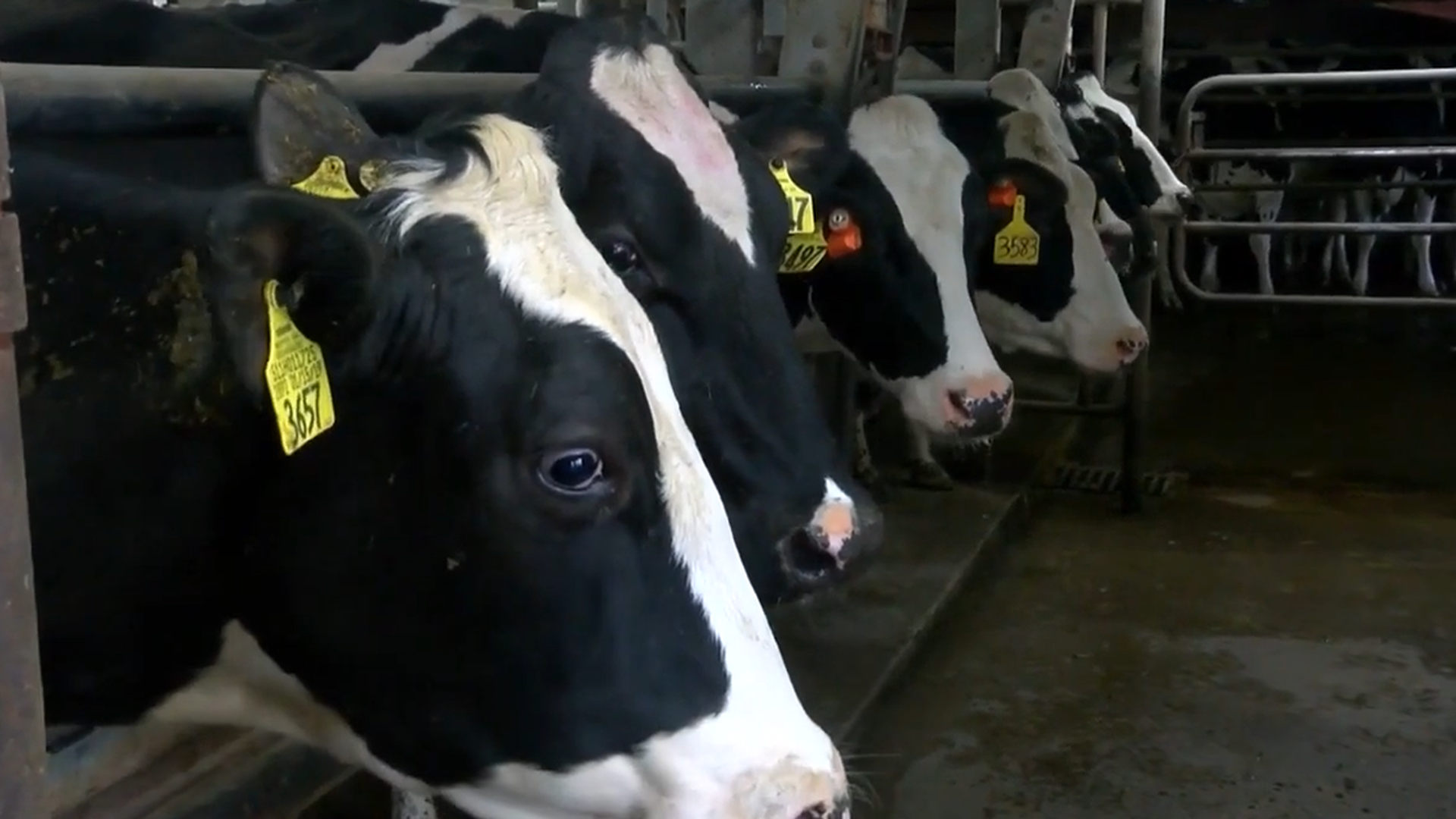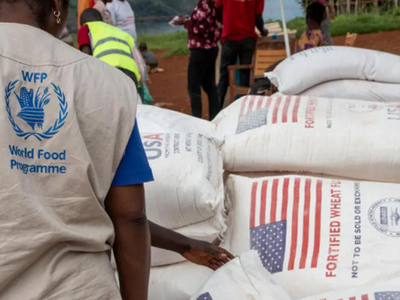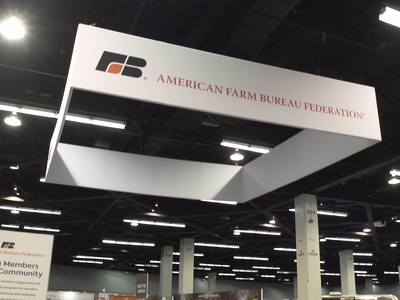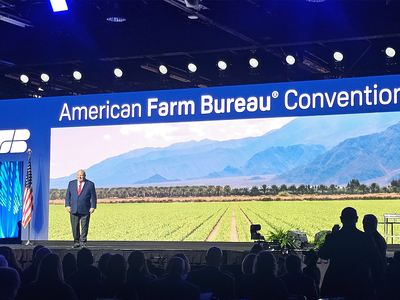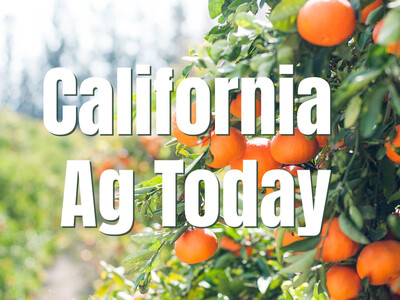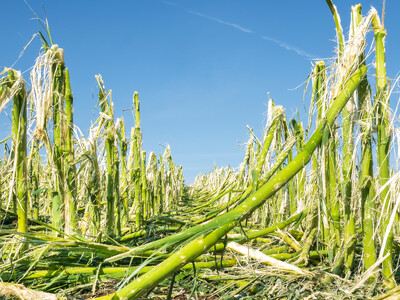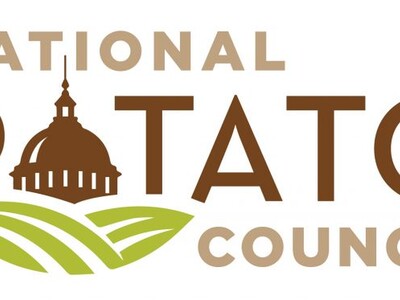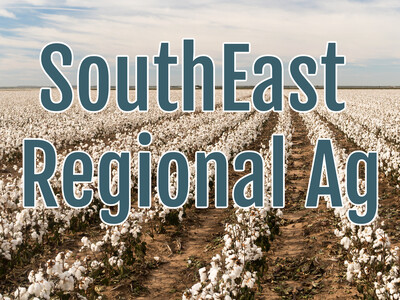USDA Implementing Bulk Milk Testing to Curb Spread of H5N1 in Dairy Herds
USDA is planning to test raw bulk milk nationally for the H5N1 bird flu virus because of the growing number of cases during the past month in California dairy herds and the finding of a different strain of highly pathogenic avian influenza on a small Oregon farm that infected at least one pig.Agriculture Secretary Tom Vilsack spoke to reporters Thursday at the World Food Prize's Borlaug Dialogue about USDA's plans to expand the testing of milk across the country. He also explained that the strain of highly pathogenic avian influenza virus found on an Oregon farm is different from the H5N1 strain that has swept through dairy herds this year.
USDA will begin broader bulk testing of vats or silos at milk processors in November for states such as California that now have the virus.
Since the outbreak began in dairy herds in March, there have been 404 herds hit by the virus in 14 states. California accounts for half of those infected herds -- 202 dairies -- with 158 confirmed cases in the past month alone.
California is the country's largest milk-producing state and accounts for roughly 20% of the country's milk and dairy products.
Vilsack said milk testing often can provide signs that the virus is in a dairy herd before any cows show symptoms. Sometimes cows are also asymptomatic but still carrying the virus.
"We know from some advanced research that when you test the milk it gives you an indication that the virus is there even before you see it in the cows," Vilsack said. "So, testing will give us an opportunity to get ahead, if you will."
USDA's bird-flu reporting dashboard for dairies does not list Utah among the states with cases. But the Utah Department of Agriculture and Food (UDAF) on Thursday also confirmed highly pathogenic avian influenza in eight commercial dairy herds in a single county -- Cache County. UDAF reported positive dairies have been placed under quarantine banning the movement of lactating cattle with the exception of cows going directly to slaughter.
Source: DTN


